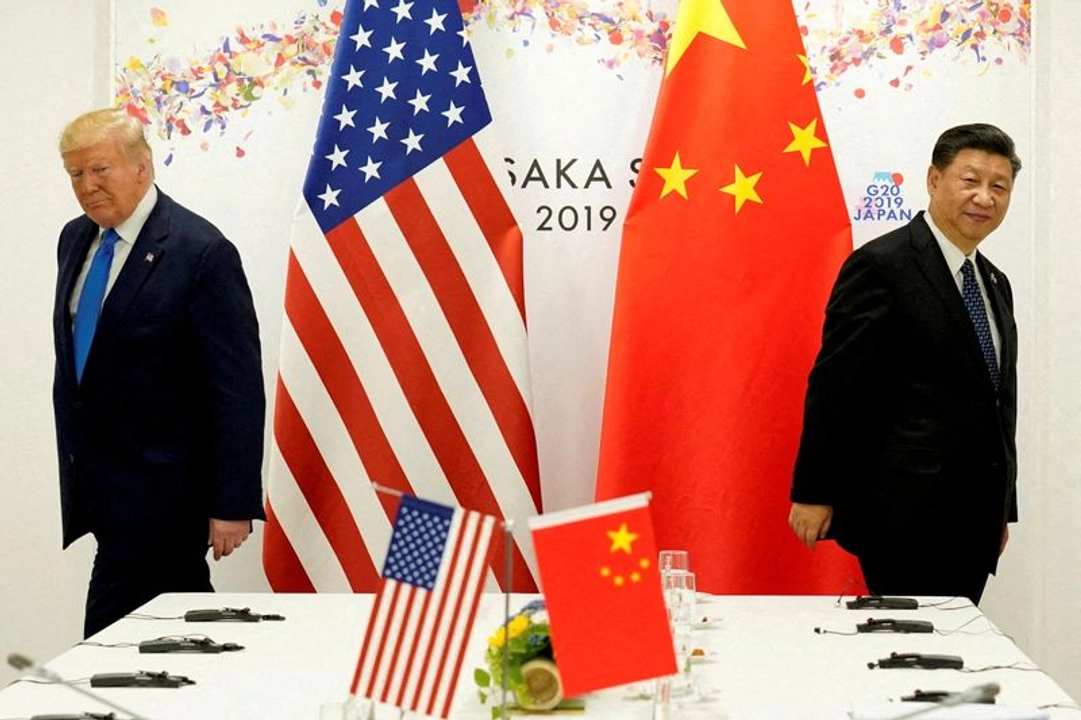In a surprise move on Wednesday, China replaced its veteran trade negotiator Wang Shouwen with Li Chenggang, currently serving as Beijing’s envoy to the World Trade Organization (WTO), signaling a possible strategic pivot in its approach to the intensifying trade standoff with the United States.
The Ministry of Human Resources and Social Security confirmed the appointment of Li, 58, who previously served as Assistant Commerce Minister during former U.S. President Donald Trump’s first term. He now steps into a critical role as tensions rise amid escalating tariffs and hardened trade positions on both sides.
It remains unclear whether Wang Shouwen, 59, who had been holding the vice ministerial position at the commerce ministry since 2022, has been reassigned. His name was removed from the ministry’s leadership page, and no explanation was provided in the official statement. The commerce ministry also did not respond to media queries regarding the reshuffle.
Wang was widely seen as a formidable and uncompromising negotiator, often clashing with U.S. counterparts during previous rounds of trade talks. “He’s a bulldog—very intense,” said a source familiar with Beijing’s foreign business circles, speaking on condition of anonymity.
The leadership change at the commerce ministry comes amid China’s tougher posture in response to the trade war triggered by Trump-era tariffs, which have seen new hikes recently.
The timing of the reshuffle is notable, coinciding with President Xi Jinping’s diplomatic tour of Southeast Asia, where he is reinforcing economic ties with neighboring countries like Vietnam, Malaysia, and Cambodia. Commerce Minister Wang Wentao is accompanying Xi during the tour, underlining the importance of the region amid Beijing’s strained ties with Washington.
Analysts, including Alfredo Montufar-Helu of the Conference Board’s China Center, described the move as “abrupt and potentially disruptive,” especially given Wang’s depth of experience dealing with Washington. “Perhaps China’s leadership believes a new face is needed to break the deadlock and rekindle negotiations,” he suggested.
While many countries have attempted to negotiate bilateral agreements with the U.S. in response to Trump’s tariff regime, China has chosen to retaliate with its own tariffs, insisting any dialogue must be based on mutual respect and equality.
Meanwhile, the U.S. administration stated on Tuesday that Trump remains open to a trade deal, but expects Beijing to initiate talks, claiming that “China needs our money.”










